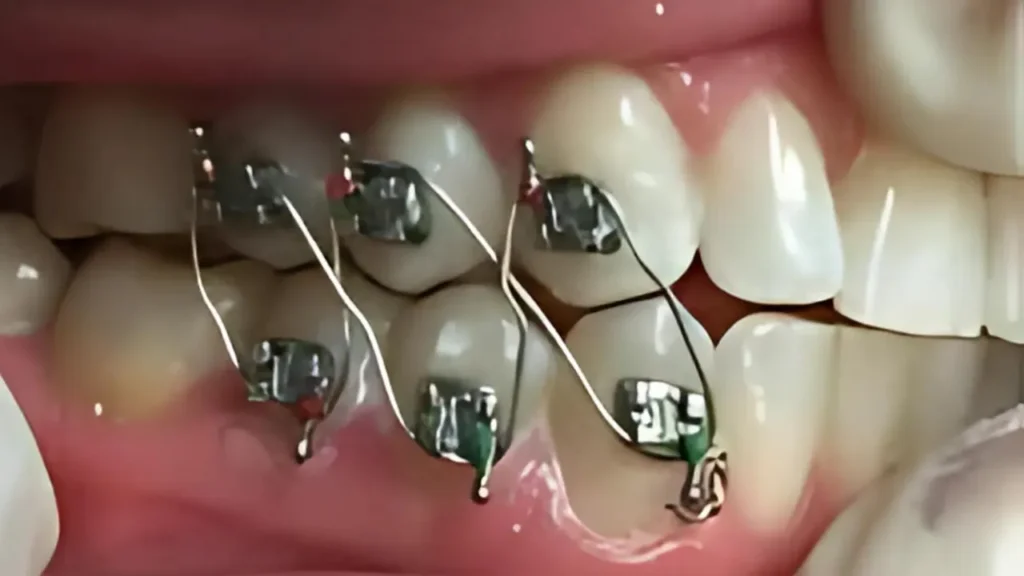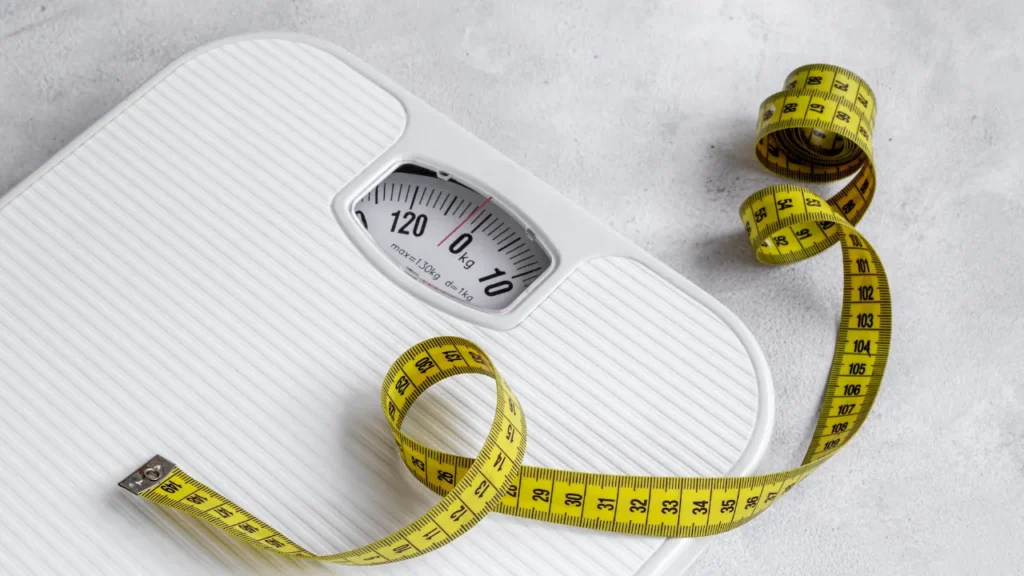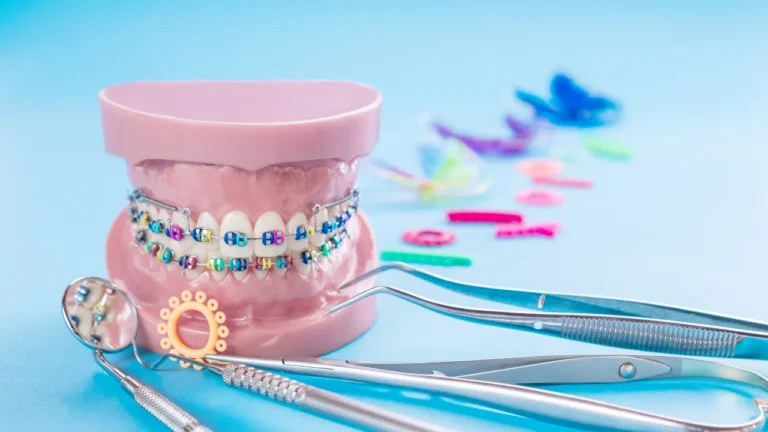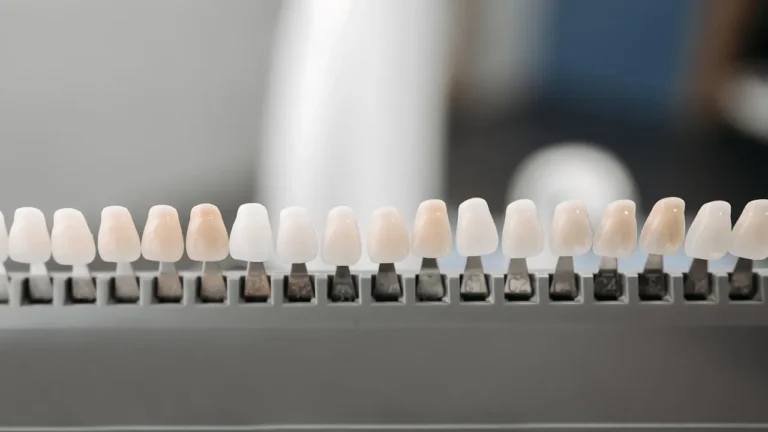While braces are designed to align your teeth, some people notice weight loss during treatment.
This is often due to dietary changes rather than braces actively promoting weight loss.
Wearing braces makes eating certain foods challenging, leading to healthier choices and smaller portions.
Another method sometimes associated with weight loss and braces is jaw wiring, often referred to as slimming wires.
This procedure involves wiring the jaw partially closed, limiting food intake to mostly liquids.
However, slimming wires are a controversial method due to potential health risks.
What Are Slimming Wires?

Slimming wires or jaw wiring is a medical procedure where the jaws are wired to limit solid food intake. The idea behind this method is to promote weight loss by forcing a liquid diet. It is typically used for short-term weight loss but is not a long-term or healthy solution. This approach has several downsides, including nutritional deficiencies, oral hygiene issues, and difficulty maintaining long-term results once the wires are removed.
Is Jaw Wiring Safe?
Slimming wires can have serious health implications:
- Nutritional Deficiency: Since you’re limited to liquids, it’s difficult to get all essential nutrients.
- Oral Hygiene Issues: Keeping your mouth clean is harder, increasing the risk of infections.
- Discomfort and Speech Problems: Jaw wiring can cause discomfort and affect your ability to speak clearly.
If you’re considering slimming wires, it’s essential to consult a medical professional for advice. Safer, long-term solutions like healthy eating and exercise are usually better for weight management.

How Braces Affect Your Diet and Weight
Braces, on the other hand, can affect your eating habits in a more natural way. Many patients experience weight loss due to:
- Avoidance of Certain Foods: Sticky, hard, or chewy foods are often avoided due to the difficulty in cleaning around braces or the discomfort they can cause.
- Reduced Snacking: Frequent snacking becomes less convenient with braces, as you need to clean your teeth more often to avoid plaque buildup.
However, it’s important to maintain a balanced diet and not rely on braces as a weight-loss tool. Instead, focus on soft, healthy foods that provide all the nutrients your body needs, such as fruits, vegetables, dairy, and lean proteins.
For more information on braces, visit our guide on Braces Care and Cost.
Call to Action
If you’re considering braces or have concerns about how they may impact your eating habits, book a consultation at Mac Dental. We offer expert orthodontic advice to help you achieve the smile you’ve always wanted while maintaining a healthy lifestyle. Visit our appointment booking page or call 012 440 1395 today.
FAQs
Do braces help with weight loss?
Braces do not directly promote weight loss, but changes in diet due to food restrictions may result in reduced calorie intake.
What are slimming wires?
Slimming wires are a procedure where the jaw is wired shut to limit food intake. This method forces a liquid diet and is often used for short-term weight loss but comes with risks.
Is jaw wiring safe for weight loss?
Jaw wiring can result in weight loss, but it carries risks such as nutritional deficiencies, poor oral hygiene, and discomfort. It’s not recommended for long-term use.
Can I lose weight naturally with braces?
Some people lose weight due to dietary changes while wearing braces, but it’s important to maintain a balanced diet. Focus on eating soft, healthy foods that are easy to chew and swallow.
Are there better alternatives to slimming wires?
Yes, maintaining a balanced diet and exercising regularly are safer and healthier long-term solutions for weight loss compared to jaw wiring.









